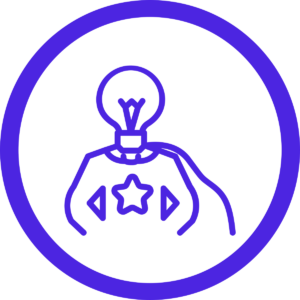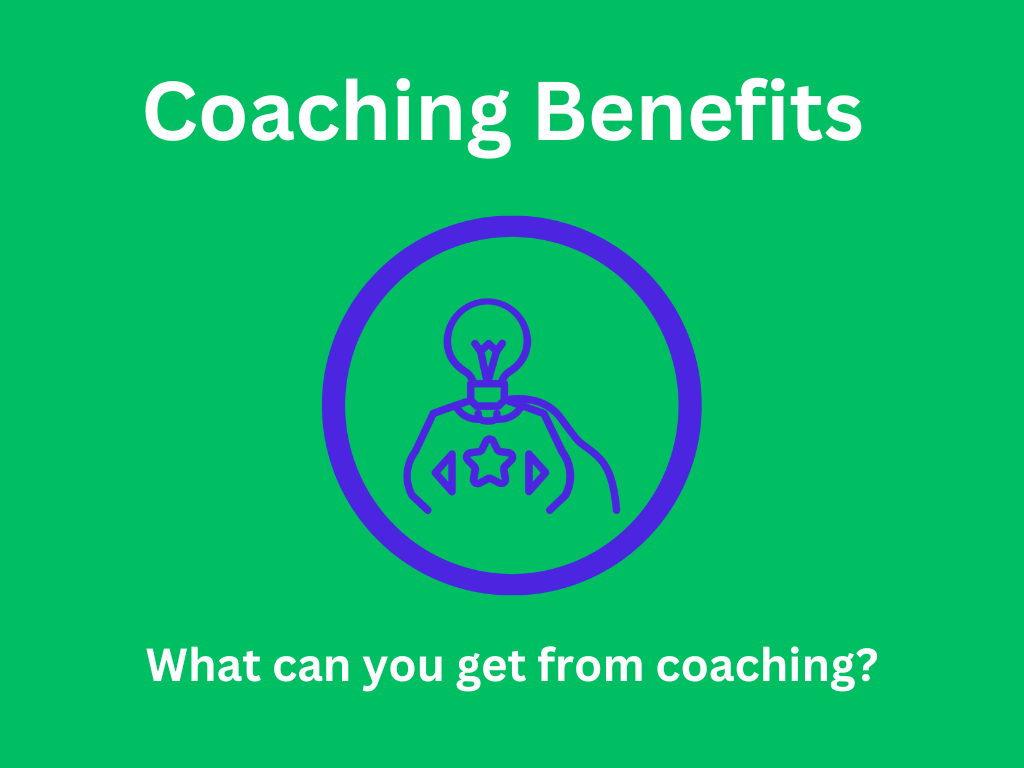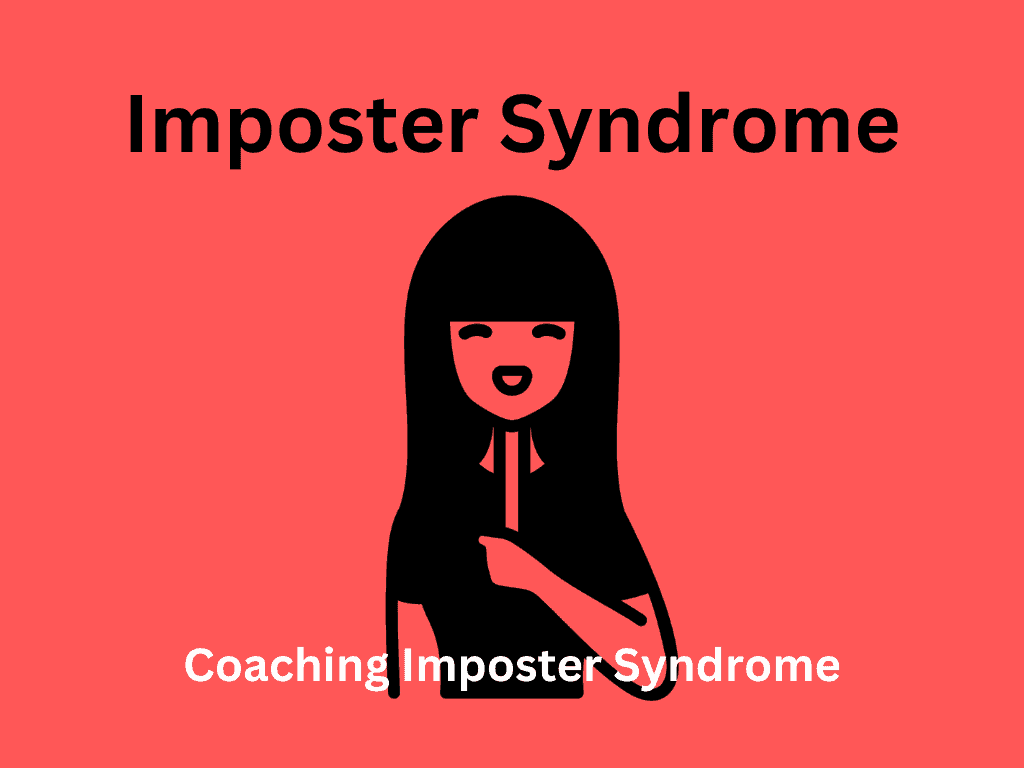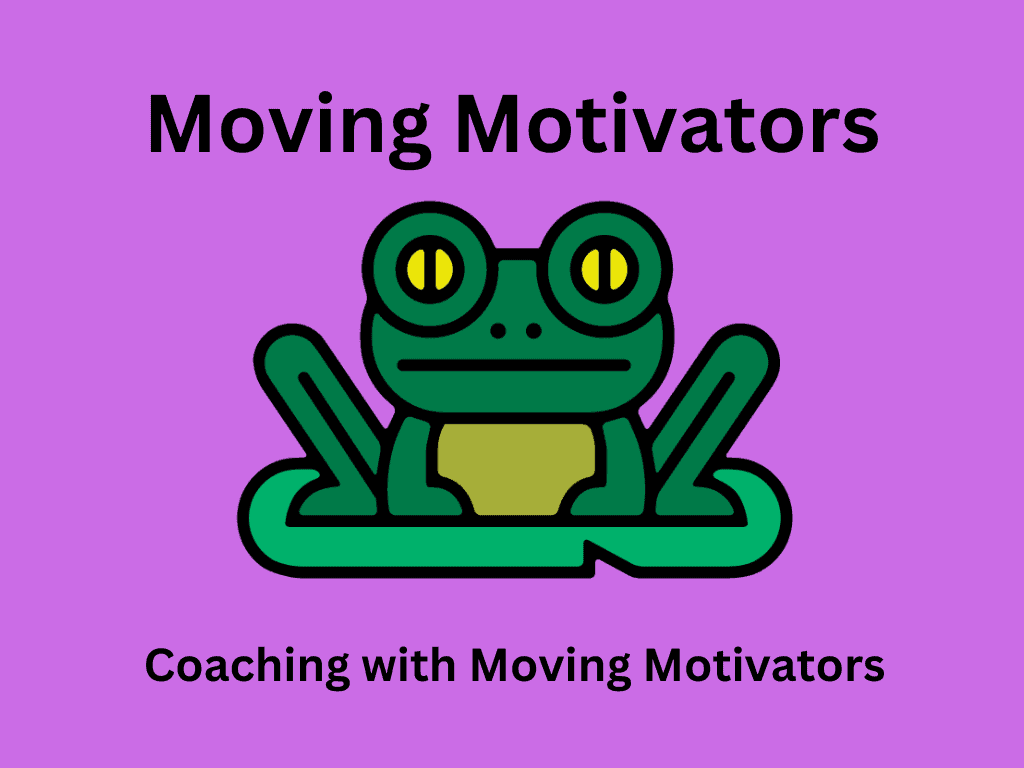What is a Coach?
Coaching benefits teams and individuals in different ways. Coaching is about helping you find solutions for yourself through reflective inquiry. My role as a coach is to facilitate your thinking by holding a space and time for you to do your best thinking. I will do this by asking you reflective questions and sometimes by using appropriate coaching tools. There is no judgement on my part as you are in the driving seat. As the coach, I’m helping you get to the right place.
My perspective as a coach is that you, as the ‘coachee,’ have the skills and know-how to find solutions to your problems. I am very much aligned with the Nancy Klein idea of creating a Thinking Environment to help us deal with complexity. My role is to help you work through your thinking and possible solutions. This is different to me acting as a consultant, trainer, or mentor where the expectation is typically that I would offer up solutions.
 There is absolutely a place for these roles in our professional and personal lives but they are different to coaching. I would say the to get the best from the process that a prerequisite is a certain level of knowledge and know-how in the area to be improved on the part of the coachee. Coaching is coaching. The kind of coaching is defined by the problem space being discussed.
There is absolutely a place for these roles in our professional and personal lives but they are different to coaching. I would say the to get the best from the process that a prerequisite is a certain level of knowledge and know-how in the area to be improved on the part of the coachee. Coaching is coaching. The kind of coaching is defined by the problem space being discussed.
If you come to me with problems related to project management then I would consider this project management coaching. If you wanted to discuss opportunities related to agile product development then I would consider this agile coaching.
Six Coaching Benefits for You
Coaching can lead to a variety of outcomes, depending on the goals and expectations of you – the ‘coachee’. However, below are some typical coaching benefits that a person can expect from engaging in a personal coaching process:
- Increased Self-Awareness: Develop a better understanding of your thoughts, feelings, behaviours, and preferences. This can lead to better decision-making, improved relationships, and more effective planning.
- Improved Goal Setting: Do you understand what you really want and where you want to get to? Self-awareness helps you prioritise and improve both short and long-term goal setting.
- Enhanced Performance: What are your strengths and weaknesses? A coach can help you identify areas for growth and personal development to build new capabilities to improve your performance.
- Better Work-Life Balance: What are your values and priorities? Engaging a coach can lead you to discover a balance between your professional and personal life that is right for you.
- Increased Confidence and Self-Esteem: If you are troubled by a lack of confidence or low self-esteem then you are not alone. Facing up to our limiting beliefs and framing your view of yourself can help you overcome mental and physical barriers and open up amazing new opportunities.
- Accountability: How we work together is something we need to agree upfront and review as we go. An essential job of a coach can be to focus and motivate you while holding you accountable to your goals and plans.
Remember, the effectiveness of a coach also depends on the commitment and engagement of you, the coachee. The more you are willing to learn about yourself, then the more you can make changes, and the more you will get out of the coaching process.
If you would like to find out some more or having any questions about my coaching, then please use the button below to book a chemistry session. I’d be more than happy to have a chat about how coaching could work for you or your team. A chemistry session is an initial meeting for us to introduce ourselves, discuss coaching objectives and to start to think about ways of working.



